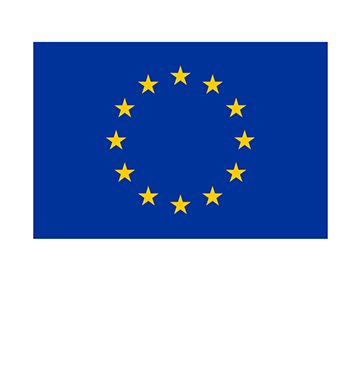CESNI meeting on 18 October 2017
18/10/2017

Strasbourg, 18 October 2017 – The European Committee for drawing up Standards in the field of Inland Navigation (CESNI) met in Strasbourg on Thursday 18 October 2017; the meeting was chaired by Mr. Max Nilles, the representative of the Grand Duchy of Luxembourg. Taking part in the discussions were twelve Member States and one Observer State, the Republic of Ukraine, officially recognised as an Observer State at this meeting, as well as the Sava Commission, the UNECE (United Nations Economic Commission for Europe), and several organisations accredited with the CESNI.
At this last meeting of 2017, the Committee decided to grant the Republic of Ukraine Observer State status. The Committee also confirmed the setting up of a temporary working group for electronic systems aboard inland navigation vessels. As for the drawing up of standards for professional qualifications, in particular competencies standards, practical examinations, medical criteria and simulators, work has continued apace since the Committee’s last meeting on 6 July, with a view to reviewing results at the CESNI/QP working group’s meetings last September and next November. Finally, this meeting was also the opportunity to commend the Committee’s 2016-2017 Presidency, provided by the Luxembourg representative, Mr Max Nilles. The 2018-2019 Presidency will be provided by the Netherlands representative, Mrs Lucia Luijten.
Granting of observer status to the Republic of Ukraine
In the presence of Mr. Kyrylo Shalamay, the director-general of the Shipping Register of Ukraine and the Ukrainian representative, the Committee unanimously welcomed the Republic of Ukraine’s request to achieve observer status with the CESNI. Observer status enables any non-Member State of the European Union or Central Commission for the Navigation of the Rhine to take part in meetings of the Committee and its working groups.
Since CESNI’s creation in 2015, Ukraine has shown interest in taking part in its work; it was then granted provisional observer status. The Committee was to clarify the conditions governing the granting of this final status last March.
The Republic of Ukraine’s solid experience of inland navigation adds considerable value to the Committee’s work. In addition to an extensive river network within its national territory, Ukraine has a very active presence on the international stage. As a member of the Danube Commission and the United Nations Economic Commission for Europe (UN-ECE), the Republic of Ukraine has also been an Observer State with the CCNR since 2005.
The Committee welcomes this new recognition, which reaffirms its spirit of openness to all participants in the field of European inland navigation.
Setting up of a temporary working group for electronic systems
The Committee has decided to set up a temporary working group for electronic systems aboard inland navigation vessels (CESNI/PT/Elec). This group’s principal task is to prepare the draft technical requirements for electronic systems (Chapter 12 of the ES-TRIN) as referred to in CESNI’s multi-annual work programme. It will endeavour to abide by the policy decisions previously taken on this subject and to make the greatest possible use of the important work already done by the German delegation.
Standards for professional qualifications
Concerning competencies standards, the working group on professional qualifications accepted the proposals of the corresponding non-permanent working group for CESNI standards.
Work on drawing up CESNI standards on the practical examinations for boatmaster, the radar certificate and passenger navigation and LNG expert is still in progress, with initial drafts to be submitted to the working group in November.
The working group discussed the criteria for the medical fitness of crew members in detail in September. As for the competencies standards, a final consideration within the working group and the draft forwarding to the committee are anticipated for the November meeting.
The expert group for simulator standards set up by CESNI drafted a proposal for technical requirements and technical test procedures for vessel handling simulators, which the working group can examine in November.
End of the 2016-2017 Presidency of the Committee and 2018-2019 Presidency
The Committee bade farewell to its Chair, Mr. Max Nilles, the Luxembourg representative, who has successfully led the brand new Committee throughout its first two years of operation (2016-2017) and warmly thanked him for his commitment.
Mrs. Lucia Luijten, the Dutch representative, will take over the Presidency of the Committee for the next two years (2018-2019). Mrs. Lucia Luijten is director of the inland navigation and navigable waterways unit at the Dutch Ministry of Infrastructure and the Environment. Mrs. Lucia Luijten will be supported in her work by Mrs. Vera Hofbauer, the Austrian representative, who takes over as the Committee’s Vice-Chair. Mrs. Vera Hofbauer is responsible for the inland navigation division, technical and nautical sectors, at Austria’s Ministry for Transport, Innovation and Technology.
The Committee congratulated Mrs. Luitjen and Mrs. Hofbauer on their appointment and wished them every success in the exercise of their future mandates.

